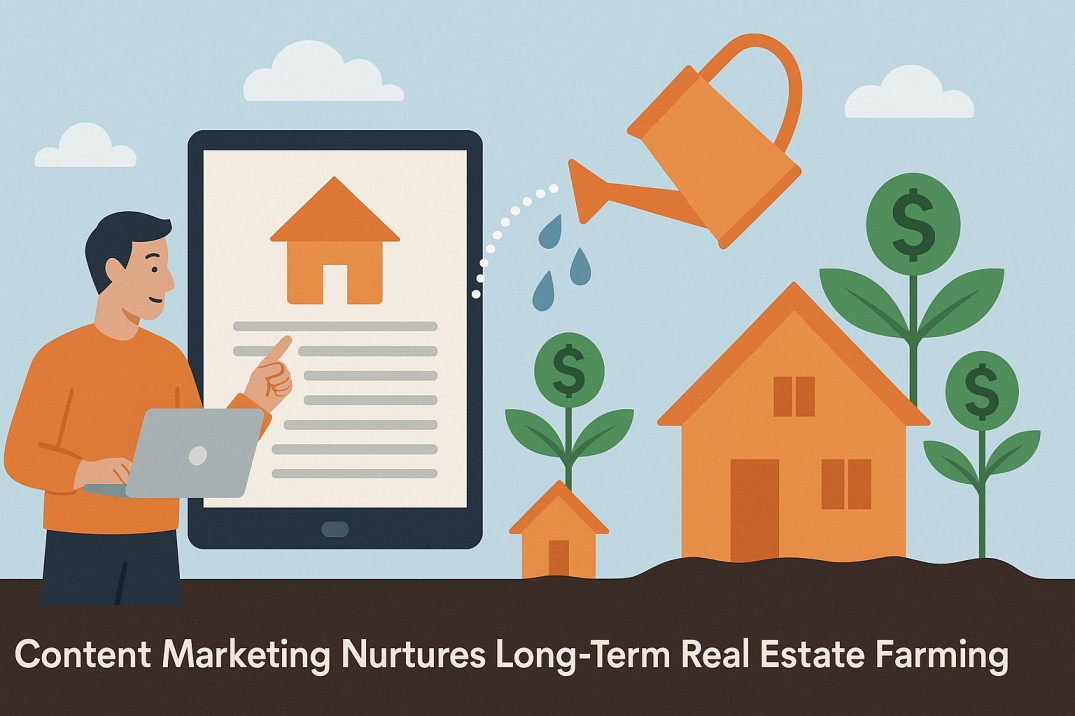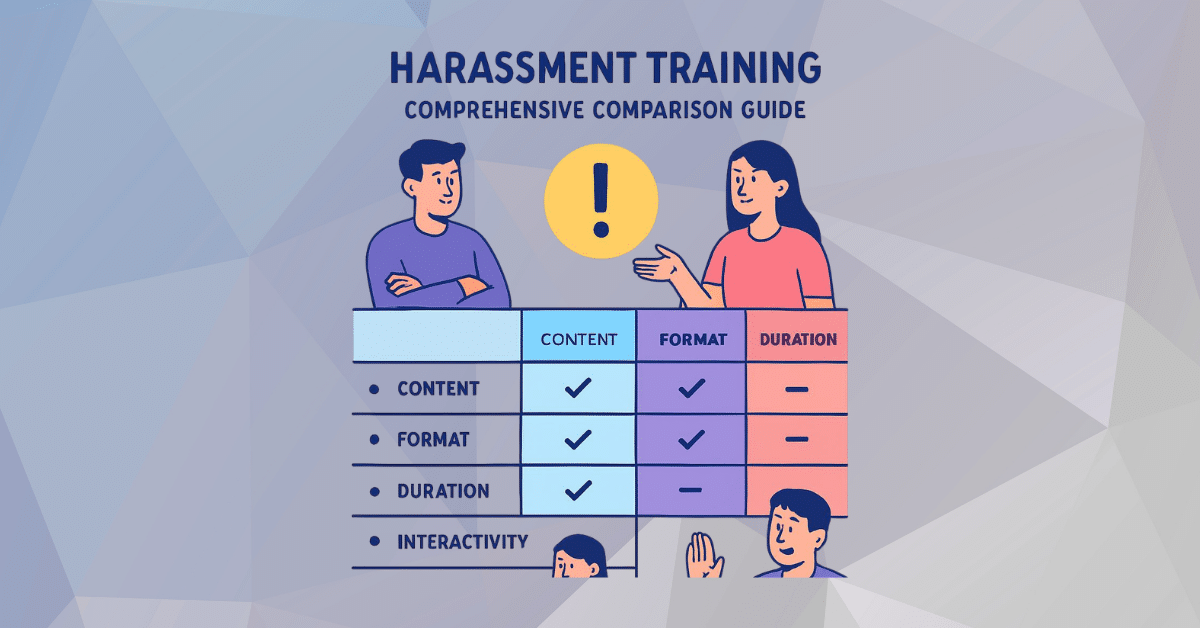In real estate, establishing a lasting presence within a specific community is paramount. This enduring presence is achieved through a strategic approach known as farming. By consistently delivering valuable content tailored to a particular neighborhood, agents can cultivate trust and recognition over time.
Understanding what is farming in real estate is essential. It involves a focused marketing strategy where agents concentrate their efforts on a specific geographic area, aiming to become the go-to expert for residents considering buying or selling properties. This method emphasizes building relationships and providing consistent value to the community.
Real Estate Farming
Real estate farming is a targeted marketing technique where agents dedicate their resources to a specific neighborhood or area. The objective is to establish a strong presence, making the agent the first choice for residents when real estate needs arise. This approach requires consistent engagement, local market knowledge, and a commitment to serving the community’s unique needs.
By focusing on a particular area, agents can tailor their marketing messages, understand local trends, and build meaningful relationships with residents. This localized approach often leads to higher conversion rates and a more robust referral network. Establishing a reliable presence takes time and effort, but the returns are sustainable and rewarding.
The Role of Content Marketing in Real Estate Farming
Content marketing serves as the backbone of effective real estate farming. By hiring a writer to create and distribute valuable, relevant content, agents can position themselves as knowledgeable and trustworthy professionals within their chosen community. This strategic approach builds credibility and keeps the agent consistently visible in the minds of local residents.
Building Trust Through Valuable Information
Sharing insights about local market trends, property values, and community events helps residents see the agent as a reliable source of information. This trust is crucial when residents decide to engage in real estate transactions. Informative guides, forecasts, and tips on the buying or selling process add further credibility. Delivering content that solves real concerns strengthens the agent-community relationship.
Enhancing Visibility and Brand Recognition
Regularly publishing content, such as blog posts, newsletters, and social media updates, keeps the agent top of mind for residents. Over time, this consistent presence reinforces the agent’s brand and expertise. When residents think of real estate, a familiar and trusted name is more likely to come to mind. Well-branded content also increases shareability and local reach. A strong understanding of farming in real estate helps shape this visibility by focusing efforts on targeted, high-impact messaging within a specific community.
Encouraging Engagement and Feedback
Interactive content, like surveys or Q&A sessions, invites residents to participate and share their opinions. This engagement fosters a sense of community and strengthens the agent’s connection with the area. Hosting local polls, promoting discussions, or highlighting resident feedback makes the audience feel heard. This direct interaction builds stronger, more authentic relationships.
Strategies for Effective Content Marketing in Real Estate Farming
Hyper-Local Blog Posts
Articles that focus on specific neighborhood issues, such as new infrastructure, school updates, or local business features, demonstrate the agent’s deep understanding of the area. These posts position the agent as a local expert. Covering unique lifestyle topics, such as pet-friendly spaces or weekend getaways, adds personality to the content.
Community Newsletters
Monthly or quarterly newsletters that include market insights, real estate tips, and upcoming events are valuable touchpoints. Readers stay informed about listings, property trends, and neighborhood changes. Newsletters can also feature DIY home tips or resident spotlights to foster deeper engagement.
Social Media Engagement
Active and consistent use of social media platforms helps connect agents with residents in real time. Posting market stats, local photos, or success stories encourages interaction. Responding to comments and sharing community achievements further amplifies engagement. Today, capturing crisp, high-definition images is easier than ever—tools like Giraffe360 make it simple to create bright, detailed visuals that feel true to life. When paired with storytelling, these images spark emotion and help buyers connect with the home and community.
Video Content
Creating videos for neighborhood tours, client testimonials, or home maintenance tips offers visual and dynamic storytelling. These videos give residents a better sense of the agent’s personality and professionalism. Short reels and live sessions increase reach and encourage more real-time connections.
Consistency For Long-Term Success
A clear understanding of what is farming in real estate involves reveals the importance of consistency. As a long-term strategy, real estate farming relies on repeated exposure, relevant messaging, and the gradual building of community trust. Consistency is key to establishing and maintaining credibility within the targeted area. In contrast, irregular outreach can weaken that trust. A steady, predictable schedule helps ensure residents know when to expect communication and reinforces the agent’s presence over time.
Establishing a content calendar is helpful for staying organized. Planning content around seasonal events, holidays, or market shifts ensures relevance and timeliness. Regularly showing up in inboxes, feeds, or mailboxes builds familiarity, which eventually leads to trust and recognition. Additionally, real estate professionals can consider repurposing existing content to maintain consistency without creating everything from scratch.
Measuring the Impact of Content Marketing
To refine strategies and improve outcomes, agents must evaluate the effectiveness of their content marketing. Measuring performance provides clarity on what resonates with the audience and what needs adjustment. Without regular analysis, content efforts may fail to align with community expectations or yield meaningful results.
Tracking Engagement Metrics
Monitoring website visits, email opens, social media likes, and shares provides a clear picture of audience interest. High engagement often indicates valuable, relevant content. Adjusting content based on these metrics leads to better performance.
Analyzing Lead Generation
It’s important to track the volume and quality of inquiries generated from specific pieces of content. Determining which formats or topics result in the most leads helps guide future planning. This insight maximizes return on effort and budget.
Gathering Feedback
Asking residents for input helps shape future content. Surveys, polls, or informal conversations during events can offer insight into what residents truly want to read. Feedback-driven content tends to be more effective and welcomed. To simplify this process, many agents now include QR codes on mailers, flyers, or digital newsletters to collect instant feedback or direct readers to property listings, survey forms, or virtual tours. Tools like The QR Code Generator (TQRCG) make it easy to create and manage these codes, while similar solutions can also be used to link to booking forms, client reviews, or event registrations.
Integrating Content with Traditional Farming Techniques
- Direct Mail Campaigns: Mailers featuring links to blog articles or video content extend the conversation from the mailbox to online platforms. QR codes and short links make it easy for recipients to engage further.
- Community Events: Participating in or hosting neighborhood events allows agents to share printed guides, branded content, or promotional items that reinforce online messages. These efforts personalize the connection and promote loyalty.
- Local Business Collaborations: Partnering with nearby businesses for cross-promotions or features in newsletters benefits all parties. Residents appreciate agents who support their neighborhood’s economy and growth. Such partnerships expand reach and increase positive visibility.
Strategically integrating consistent content with traditional methods allows agents to define and dominate their chosen area. Through engaging and valuable communication, they demonstrate exactly what is farming in real estate and how it benefits communities. This long-term approach yields increased visibility, a stronger reputation, and a deeper connection with residents.


















